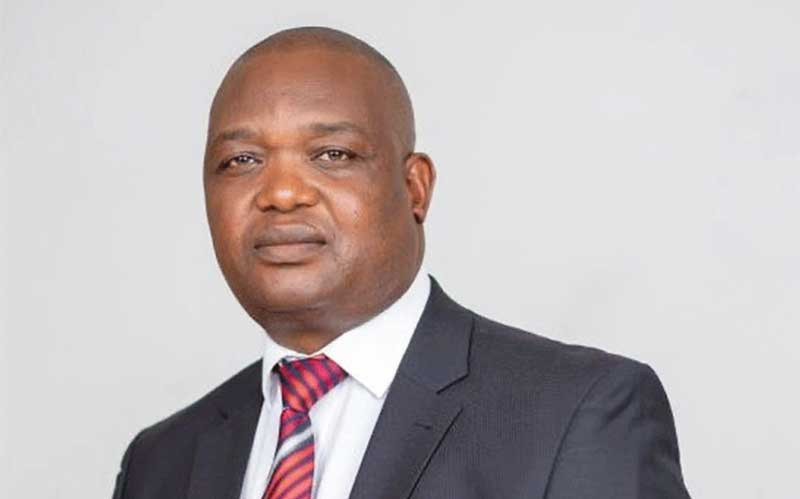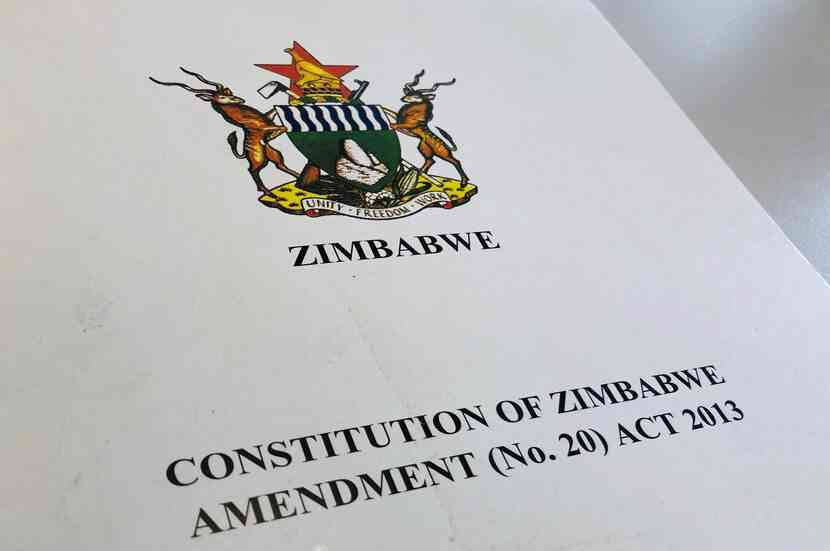
Government’s roadmap to transition from a dual to mono-currency by 2030 is causing anxiety among businesses. Given Zimbabwe’s history of currency failures, many businesses with significant forex investments, cash holdings, and assets are concerned. To understand these issues, our business reporter Blessed Ndlovu (BN) spoke with Employers Confederation of Zimbabwe (Emcoz) president, Demos Mbauya (DM). Below are excerpts from the interview:
BN: What is your perspective on the proposed 2030 mono-currency, considering all aspects?
DM: It is acknowledged that the economy has shown a level of stability over the last 12 months, from September 2024 to date, following the launch of the Zimbabwe Gold (ZiG) as the new currency in April of the same year. Month-on-month inflation has now averaged below 1% over that period, while annual inflation has started tapering off after peaking at 95,8% in July 2025 and recording a decline to 93,8% in August 2025.
The country started publishing annual inflation figures in April 2025, marking a full year from the inception of the new currency.
The first figure in April 2025 was 85,7% before rising to its peak in July due to base effects. Authorities target inflation to keep declining to close the year at below 30% by December 2025 and further down into single digits in subsequent years. This is supported by the stable month-on-month inflation performance.
However, this performance, commendable as it is, needs to be sustained for a long period, and the adoption of a mono-currency must not be rushed, as it must be market-driven. Authorities need to clarify to the market whether the 2030 deadline is a decree or if it will be spontaneously market-led. There is a need for public dialogue and information sharing on the meaning of a mono-currency by 2030, in particular regarding the asset and liability positions held by players beyond the said date.
BN: What are the potential risks and benefits associated with the mono-currency project? What are the best-case and worst-case scenarios?
DM: The main risk arising from this strategy is that of capital flight should the deadline be rushed and not led by market forces.
- Restrictive SIs rile business
- ‘Zim situation always dynamic’
- Business, labour sign bipartite memorandum amid TNF anxiety
- Emcoz to hold business indaba
Keep Reading
In addition, dialogue is required for players to gain a full understanding of the meaning of a mono-currency. Authorities have an obligation to explain whether the mono-currency applies to transactions, bank deposits, national reserves, or whichever measure will be used. Having done that, it is important for parties to understand what happens to other assets or liabilities at the point of 2030.
This helps in business planning. Having said this, a mono-currency is desirable and makes the country internationally competitive. The best case scenario is where the mono-currency goal is achieved through market forces on the basis of a stable macroeconomic environment and increased productivity over time.
BN: As Emcoz, what do you see as the main challenges in implementing the 2030 mono-currency roadmap?
DM: There is a general consensus for the country to adopt a local mono-currency. However, challenges may arise through ineffective dialogue to allay suspicions and build trust. There may also be a temptation to rush the change.
BN: Given that the US dollar is widely used in business transactions, and government, do you think adopting a mono-currency in less than four years is achievable, especially considering the failed attempt in 2019?
DM: The key requirement is macro-economic stability and productivity. Once this is in place, the timeframe is really of no consequence. Market forces can drive the change sooner or later.
BN: The informal sector contributes about 76,1% to the economy and often operates on a cash basis, with many not complying with tax laws. Do you think regulating this sector will be feasible?
DM: Social dialogue will achieve positive results.
BN: What are your thoughts on the recent issues regarding contract termination and notices?
DM: The labour law is being reviewed.
BN: What resolutions and way forward is Emcoz proposing in the ongoing tripartite negotiations?
DM: These are yielding positive results, and many Tripartite Negotiating Forum (TNF) resolutions have been adopted by the government and implemented. A major highlight is the ease of doing business review that is currently underway, as well as the Labour Act amendments. Emcoz is fully engaged and is committed to maintaining this vital social dialogue platform.
BN: A lot of retrenchment is happening in companies, and some of these people are not even getting proper packages. What are your comments on that?
DM: Following the introduction of retrenchment regulations in December 2024, employers are following the provisions of the said regulation, and packages are paid as stipulated.
BN: Some observers mentioned that the informal sector exposes workers to vulnerabilities, as many of them do not have contracts. What do you think can be done to protect both employer and employee from vulnerabilities?
DM: To strengthen the labour inspectorate role with the aim of covering operations in the informal sector to correct non-compliance.
Again, this is an example of the effect of social dialogue at the TNF, where social security schemes coverage is now being reviewed in order to cover those exposed.










